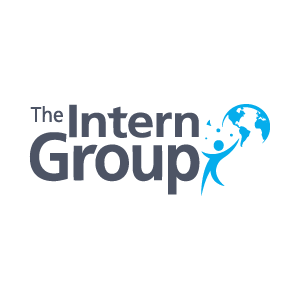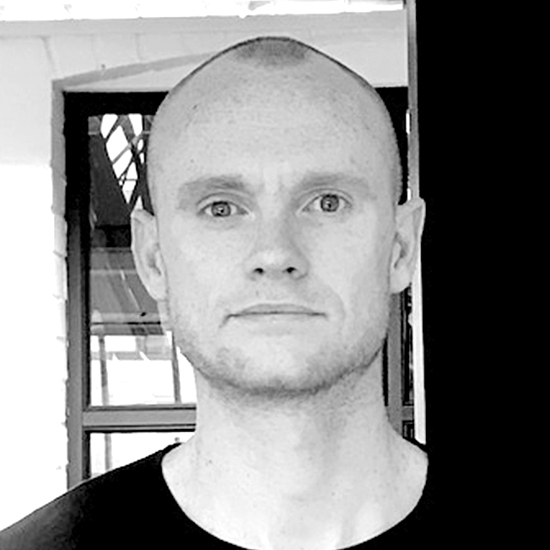How to deliver 100% organic growth
“We always wanted to do things ourselves and we didn’t think we needed external capital,” says co-founder and executive director Lee Carlin.
“We just needed enough funds to build our website and marketing channels to allow students to apply to our programme. And to secure partnerships with global universities that would guarantee participant numbers,” Carlin explains.
The London-based company provides programme infrastructure for more than 1350 students, from over 105 different countries. They take part in the intern abroad programmes in 12 locations every year. Popular sectors include finance, entrepreneurship, public relations, marketing and non-profit organisations.
Students registering for The Intern Group’s programmes pay fees upfront – a six-week programme in Colombia, for example, costs £2539. This fee covers their placement and visa support, accommodation, airport transfers, in-city travel expenses, professional development workshops, cultural events and access to a host of global alumni services.
The Intern Group also provides a range of full and partial scholarships to hundreds of participants and many universities provide funding for these programmes.
Think global, act local
Top-tier universities are keen to send their students on its programmes. London School of Economics and Political Science, King’s College London, Northeastern, The University of Hong Kong Science and Technology and the University of Pennsylvania all send students abroad each year.
Carlin says that over the last five years universities have shifted their focus towards this area of higher education, and the intern abroad sector has grown.
“They see that facilitating interning abroad is a way to improve their international rankings. It also provides their students with a more beneficial experience than other forms of study abroad,” he says.
The first programme destination offered by the company was Medellin, Colombia in 2011. Then London in 2012 , followed by Madrid and Hong Kong in 2013 and Melbourne in 2014. The New York programme was launched in 2016 and “it’s been pretty much a new programme a year since”, according to Carlin.
“Without external funding, to open new destinations at a regular rate, we hired exceptional local talent with the promise of part-ownership in the programme,” says Carlin. The local affiliates then participate in a profit share and are all company directors.
Creating a global village
The strategy has paid off. Last year the company’s turnover was £10m and year-on-year growth is between 30% to 60%, says Carlin. Much of the growth in 2018 has come from new programmes in Tokyo, Toronto and Dublin. Future growth, according to Carlin, will come from continuing to open new programmes and to scale up their existing ones.
Carlin believes that while this business model has been key in its swift scale-up journey, he says that at times it was “a bit scrappy”.
That’s why there will be a shift towards a new model of consolidation and simplification in mid-2018. “Each local director will become an employed shareholder in one company, with operational subsidiaries, as opposed to the ownership-and-profit-share model,” he explains.
We have a mission and a purpose and that is to help young people fulfil their potential to fit into an increasingly globalised world.
Lee Carlin, The Intern Group
On track for bigger things
As for targets, Carlin says the aim is to have 10,000 students participating in programmes by 2025. “And if we continue our growth rate, that’s where we’ll be,” he says.
Carlin is undecided about raising capital though. “If we see that outside investment could help us achieve our goals, then great. We want to have all our options open,” he says.
But he’s clear that investment would only make sense if it complements the company’s direction. “We have a mission and a purpose and that is to help young people fulfil their potential to fit into an increasingly globalised world.”

